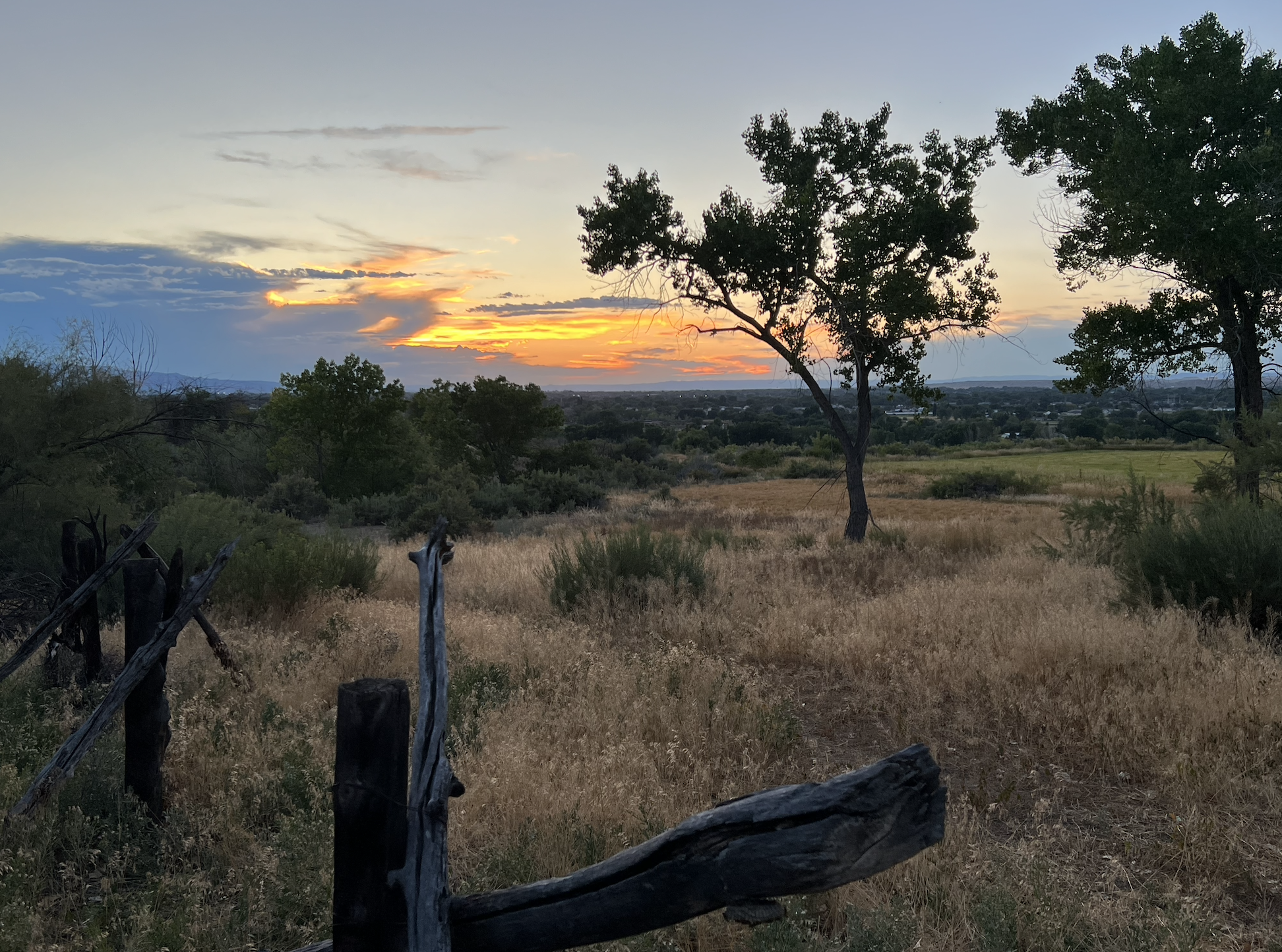It was a gift to meet yesterday with two participants from New Zealand’s Land and Water forum. A beautiful spring day in Christchurch, New Zealand. When I was in New Zealand a year ago, my friend and colleague, Glen Lauder, was helping to shape a years worth of dialogue ahead. Fantastic to come back and hear of what had happened.
David Perenara-O’Connell, General Manager of Ngai Tahu Tribal Interests was one who shared stories. A lovely man with whom I felt quickly at ease. Hamish Cuthbert, a Sustainability and Resource Policy Manger was another. A man that I sense has deep commitment in him, and a similar ease in meeting.
The Land and Water forum is at the point of having learned well together, having asked many questions together among a group of 25 or so — all things related to water in New Zealand. For a year. What changes are needed? What needs to be preserved? Deeper relationships to water in this place? Use by industry to support a thriving local and national economy? It is visionary work both in content and in process.
I asked the two of them what some of their learning and appreciation was. A bit of that follows, and in that spirit of translocal learning, good stories to carry to inspire other groups and communities working on water issues.
-these are the beginnings of bigger reforms
-an increase in understanding, relationship, shared values, and a compatabiiity in those values
-the ability to overcome issues and great gulfs by being together
-respect for and appreciation of indigenous view
They had great questions that they were asking at this transition point. After meeting for a year, a significant report is now going forward to the Minister, after which broader public comment will be requested. How do we continue forward, supporting the spirit of how this was created? We talked a little about the importance of a core team of trustees, or working in the spirit of trusteeship to hold the whole (I know that Glen has been doing much helpful work with many on this — the calling out of the elder in the next generation of leaders and the deeper levels of letting go). The importance of agreements to return back too. And how they might invite the public process in a deliberate way — perhaps cafes rather than speeches).
As we were wrapping up, I loved Hamish’s final clarity about the process of meeting for a year. “It was a bit like a small community. We could support each other. We could call each other out on misbehavings. We were remembering together something that is old in us.”
A gift to hear a year’s worth of change. It helps me to strengthen my patience for this scale of work, the kind of scale that is essential today in so many places.
